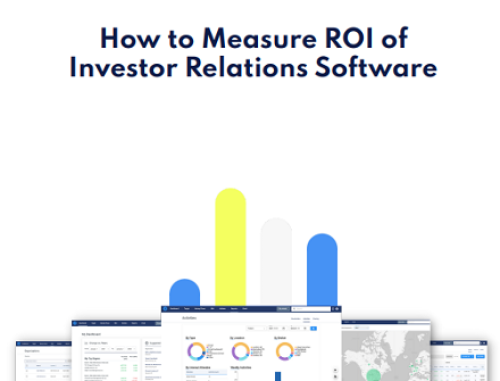A roundup of academic research from the world of IR studies
Before Reg FD, US analysts who went to the same school as the senior management and board members of companies they covered could expect a performance return premium of 9.36 percent per year on their buy recommendations.
Today, that premium (relative to firms at which they have no school ties) has shrunk to almost zero, according to researchers at Harvard University and the University of Chicago. A similar test in the UK, which saw no change in the selective disclosure environment during the sample period, reveals a consistently large and significant school tie premium of 24 percent each year.
‘Just how powerful social networks (in this case alumni networks) are has been quite surprising,’ says Lauren Cohen, assistant professor of finance at Harvard Business School. ‘Reg FD basically squashed the information being transferred through this connection. My guess is that the sort of networks that used to be valuable in the US are still quite valuable in nearly every other market in the world.’
Curiously, the researchers found no similar return differential on analysts’ sell recommendations. ‘Perhaps managers are less inclined to pass on negative information about their firms,’ offers Cohen. ‘Another possibility is that while analysts may obtain both good and bad news, they only act on the good news, fearing a sell recommendation may result in the information spigot being turned off.’
Gamblers or investors?
Given the events and personalities behind the world’s current financial mess, IROs might be excused for thinking of even their most seasoned investors as gamblers. Recent research, however, points out key distinctions that have implications for the communications strategies best suited to each group.
Using survey data to study personality, US researchers found that both gamblers and stock investors tend to be materialistic, competitive, number-oriented and more willing to face financial risk. Investors, on the other hand, are less impulsive, more future-focused and emotionally stable.
‘If you run a casino, you’ll try to activate the traits that lead to gambling,’ says John Mowen, professor of marketing at Oklahoma State University. ‘A persuasive message will focus on the adrenaline rush. A communication to stock investors will likely be better attended to if it focuses on new products and how the company is preparing for the future. But IROs, as matchmakers, must also consider the image their company portrays, which is in turn based on a set of traits.’
Lingua franca
A study of European companies that began publishing an annual report in English as well as their local language finds the move can predict tighter spreads, greater analyst coverage and a bigger shareholder base. ‘The economic significance of language is far from marginal,’ write the paper’s French authors. ‘[Issuing an English language annual report] has an effect on information asymmetry that compares with the effect of the adoption of international accounting standards.’










